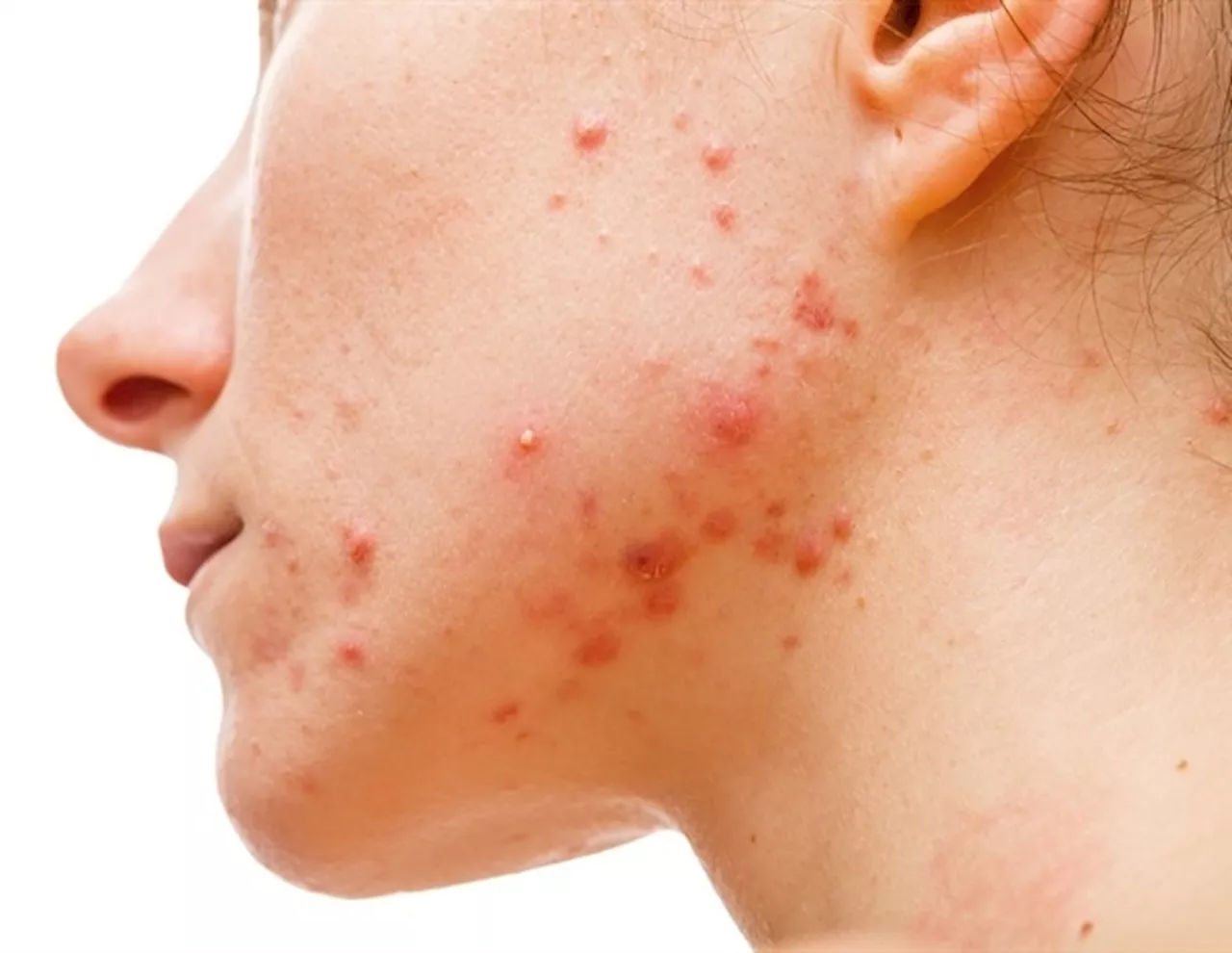A recent study published in JAMA Dermatology has found that maximizing cumulative isotretinoin dosage may significantly reduce acne recurrence and the need for retreatment, offering hope for long-term skin clarity.
A recent study published in JAMA Dermatology explored the factors influencing acne relapse after isotretinoin treatment. Isotretinoin, commonly known as Accutane, is the gold standard treatment for severe acne, but some patients experience recurrence. This research aimed to understand if patient characteristics, isotretinoin dosage, and treatment regimens affect acne relapse rates.
\The study analyzed data from the MarketScan commercial claims database between 2017 and 2020, including patients aged 12 years or older who received isotretinoin treatment for acne. Researchers defined acne relapse as a prescription for systemic acne treatment, including oral antibiotics or isotretinoin, within a certain timeframe after the completion of the initial isotretinoin course. \The analysis involved 1,856,012 patients, revealing that 12.9% experienced acne relapse per 100 person-years. Females had a significantly higher risk of relapse compared to males, with a 43% increased risk. Notably, the study found that higher daily doses of isotretinoin did not provide additional protection against relapse. However, cumulative dosage was significantly associated with a reduced rate of acne relapse. Approximately 8.2% of patients underwent isotretinoin retrial, with a median time of 2.8 months. \The findings suggest that maximizing cumulative isotretinoin dosage could significantly reduce acne recurrence and the need for retreatment, offering hope for long-term skin clarity. This knowledge can help clinicians tailor treatment regimens, manage patient expectations, and develop effective maintenance plans
ISOTRETINOIN ACNE RELAPSE DOSAGE TREATMENT JAMA DERMATOLOGY
United Kingdom Latest News, United Kingdom Headlines
Similar News:You can also read news stories similar to this one that we have collected from other news sources.
 Personalized Dosing Regimens Can Optimize Acne Treatment Outcomes with IsotretinoinA new study from Mass General Brigham reveals that individualized dosing of isotretinoin, the gold standard treatment for severe acne, can maximize effectiveness while minimizing side effects. The research, published in JAMA Dermatology, suggests that both lower and higher daily doses can be effective as long as a sufficient cumulative dose is reached (220mg/kg). This finding empowers clinicians to tailor treatment plans to each patient's specific needs and preferences.
Personalized Dosing Regimens Can Optimize Acne Treatment Outcomes with IsotretinoinA new study from Mass General Brigham reveals that individualized dosing of isotretinoin, the gold standard treatment for severe acne, can maximize effectiveness while minimizing side effects. The research, published in JAMA Dermatology, suggests that both lower and higher daily doses can be effective as long as a sufficient cumulative dose is reached (220mg/kg). This finding empowers clinicians to tailor treatment plans to each patient's specific needs and preferences.
Read more »
 Study Finds Personality Traits Linked to Lifelong SingledomA recent study reveals three key personality traits that may predict whether someone will remain single throughout their life. Researchers discovered that individuals who remain single tend to score lower in extraversion, conscientiousness, and openness to experience compared to those in relationships.
Study Finds Personality Traits Linked to Lifelong SingledomA recent study reveals three key personality traits that may predict whether someone will remain single throughout their life. Researchers discovered that individuals who remain single tend to score lower in extraversion, conscientiousness, and openness to experience compared to those in relationships.
Read more »
 Morning Coffee Linked to Lower Risk of Death, Study FindsA new study suggests that drinking coffee in the morning may offer greater health benefits than consuming it throughout the day. Researchers found that morning coffee drinkers had a 16% lower risk of death and a 31% lower risk of dying from heart disease compared to non-coffee drinkers. However, no such reduction in risk was observed for all-day coffee drinkers.
Morning Coffee Linked to Lower Risk of Death, Study FindsA new study suggests that drinking coffee in the morning may offer greater health benefits than consuming it throughout the day. Researchers found that morning coffee drinkers had a 16% lower risk of death and a 31% lower risk of dying from heart disease compared to non-coffee drinkers. However, no such reduction in risk was observed for all-day coffee drinkers.
Read more »
 High Fluoride Exposure Linked to Lower IQ in Children, Study SuggestsA recent systematic review and meta-analysis of epidemiological studies suggests a link between high fluoride exposure and lower IQ scores in children. The review, published in JAMA Pediatrics, found a potential dose-response relationship, meaning that higher levels of fluoride exposure were associated with lower IQ scores.
High Fluoride Exposure Linked to Lower IQ in Children, Study SuggestsA recent systematic review and meta-analysis of epidemiological studies suggests a link between high fluoride exposure and lower IQ scores in children. The review, published in JAMA Pediatrics, found a potential dose-response relationship, meaning that higher levels of fluoride exposure were associated with lower IQ scores.
Read more »
 Morning Coffee Linked to Lower Heart Disease Risk, Study SuggestsA new study published in the European Heart Journal suggests that drinking coffee primarily before midday may be associated with a lower risk of cardiovascular death over a decade. However, the study doesn't prove causation and is observational in nature.
Morning Coffee Linked to Lower Heart Disease Risk, Study SuggestsA new study published in the European Heart Journal suggests that drinking coffee primarily before midday may be associated with a lower risk of cardiovascular death over a decade. However, the study doesn't prove causation and is observational in nature.
Read more »
 Morning Coffee Linked to Lower Risk of Death, Study FindsA new study suggests that drinking coffee in the morning may be more beneficial for health than consuming several cups throughout the day. Researchers found that morning coffee drinkers had a 16% lower risk of death compared to non-coffee drinkers and a 31% reduced risk of dying from heart disease.
Morning Coffee Linked to Lower Risk of Death, Study FindsA new study suggests that drinking coffee in the morning may be more beneficial for health than consuming several cups throughout the day. Researchers found that morning coffee drinkers had a 16% lower risk of death compared to non-coffee drinkers and a 31% reduced risk of dying from heart disease.
Read more »
